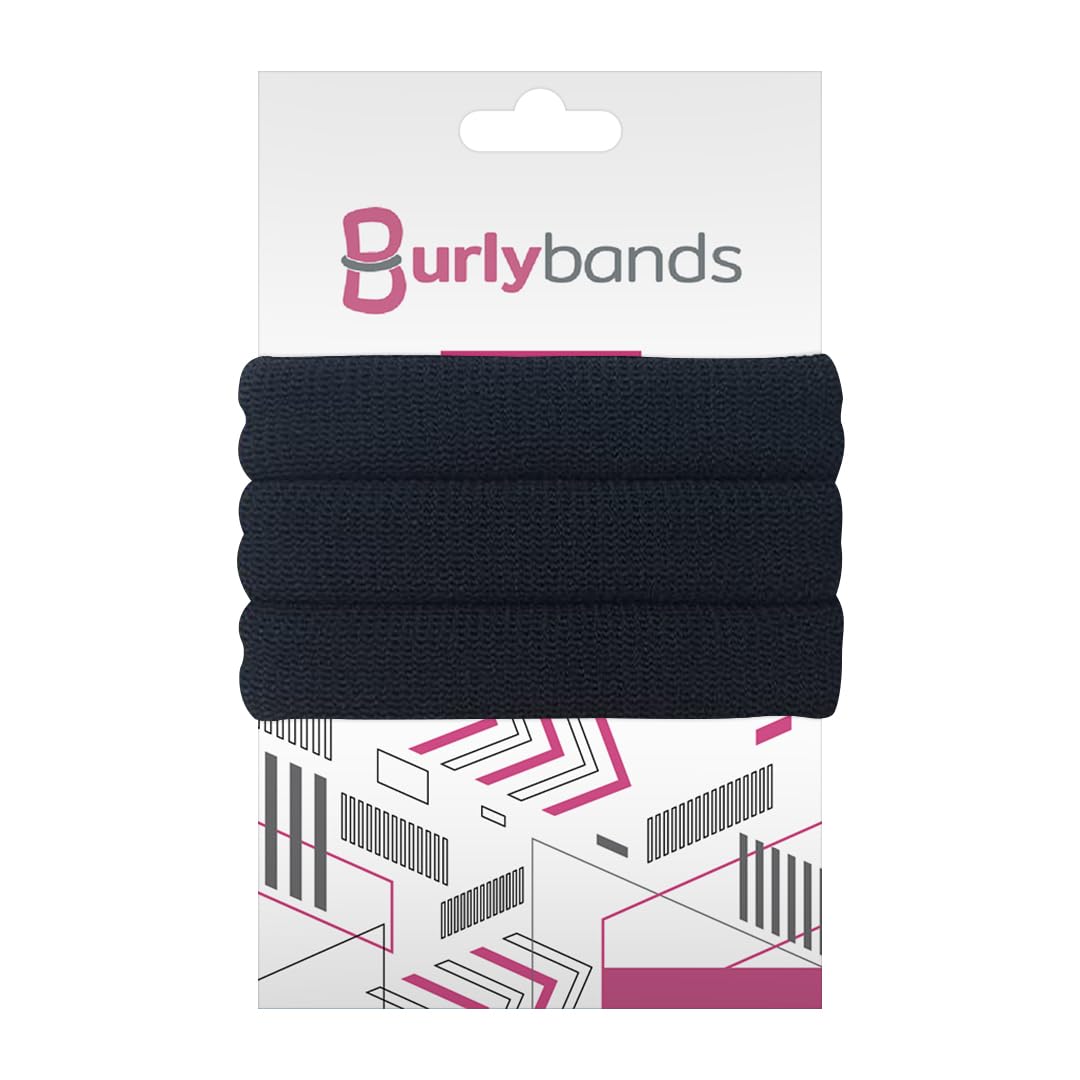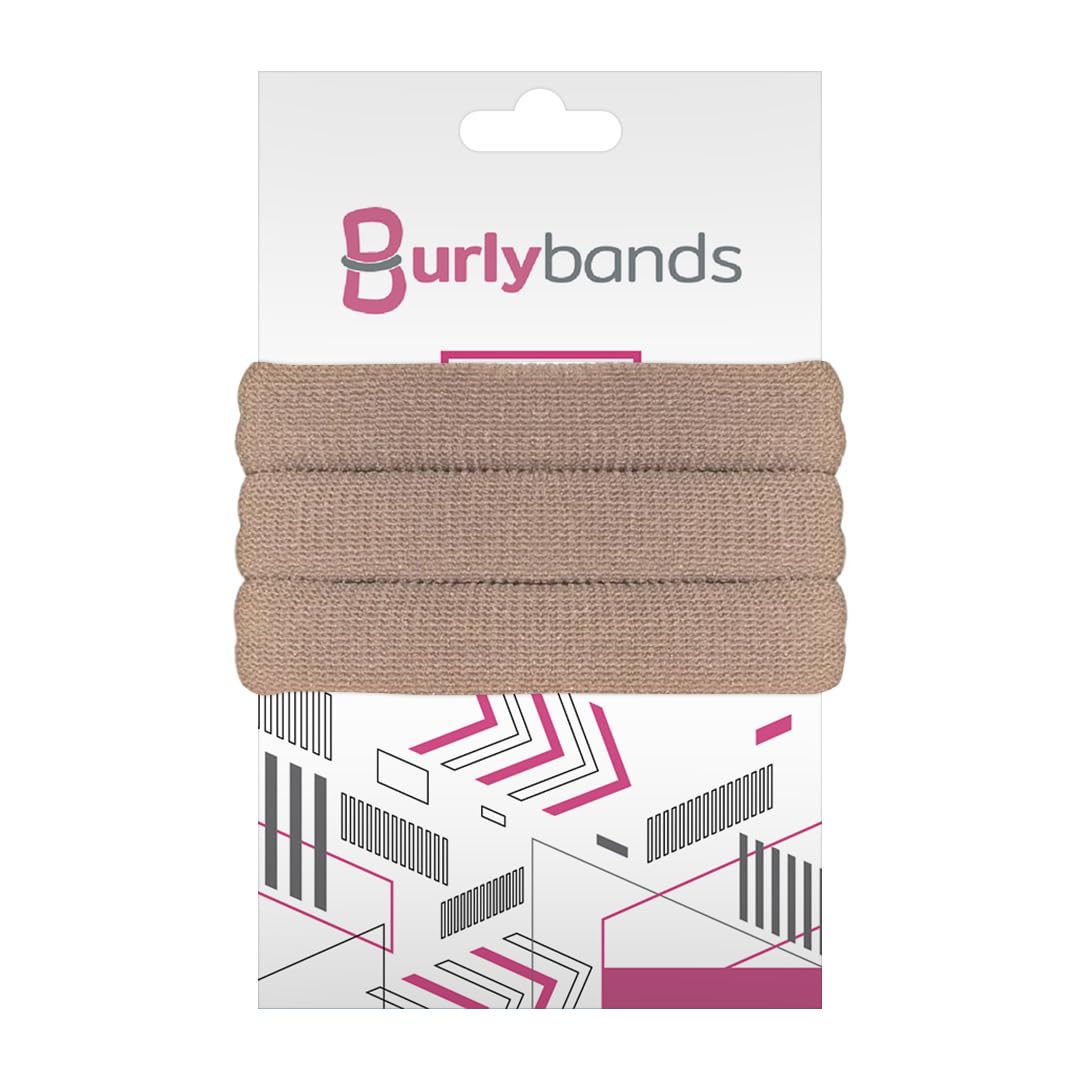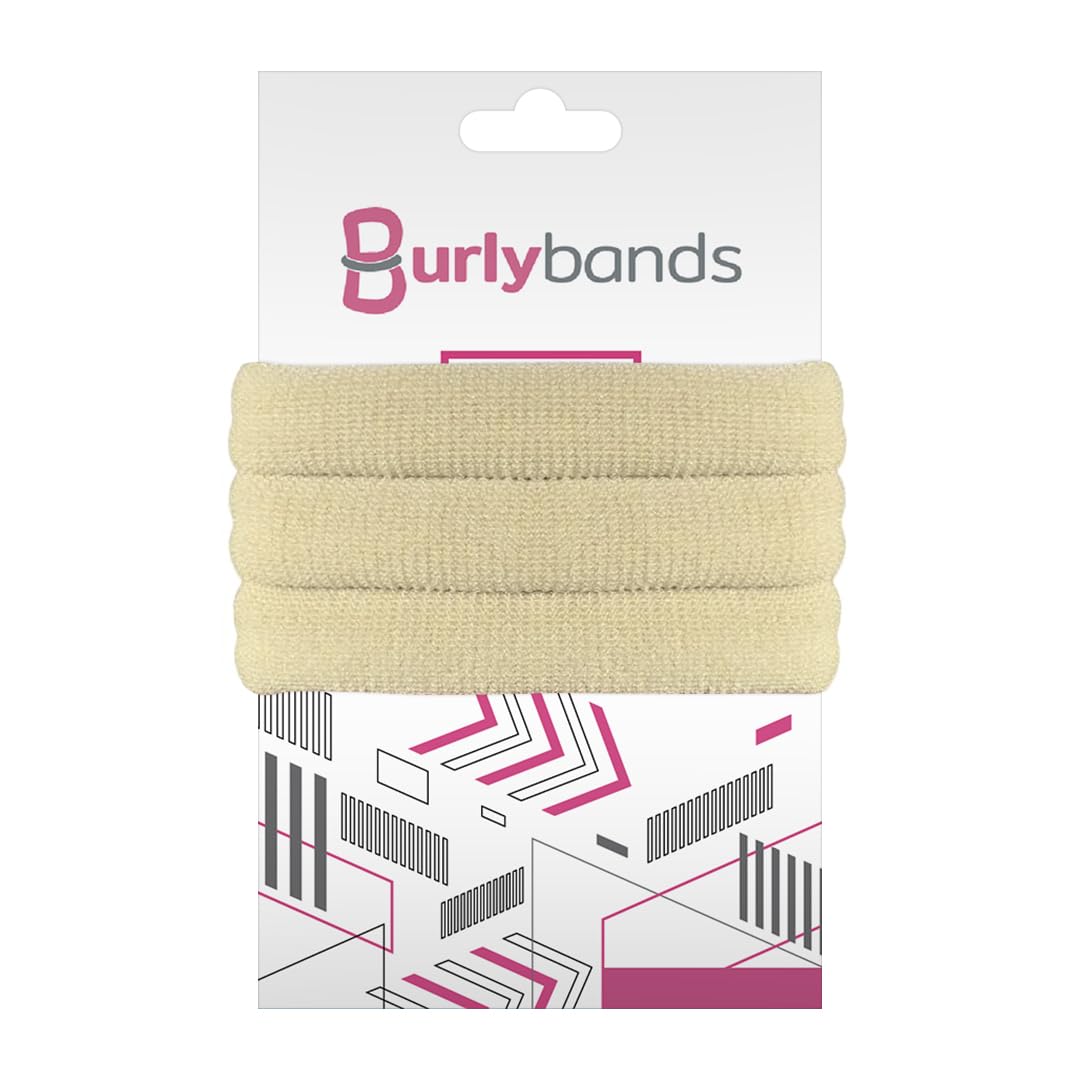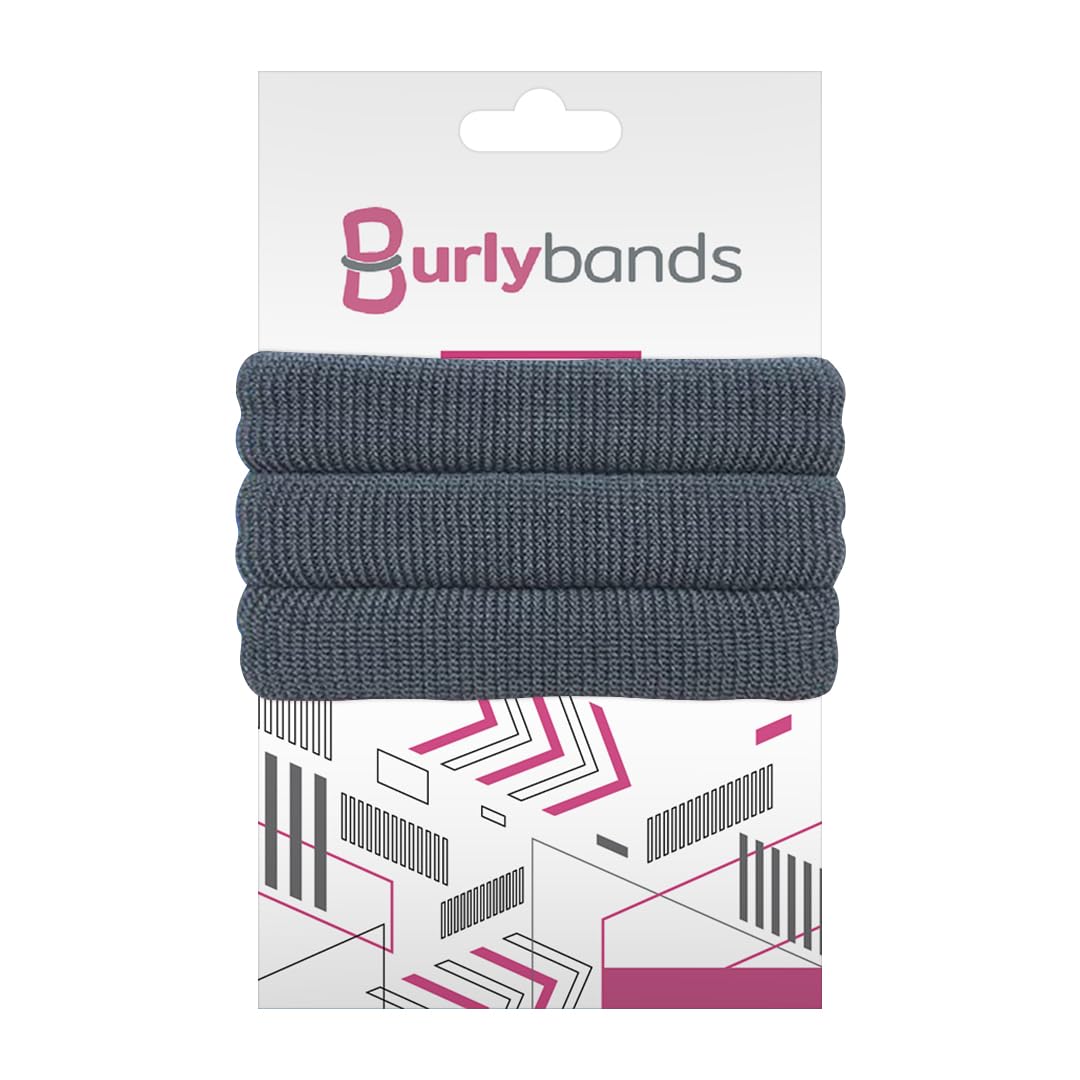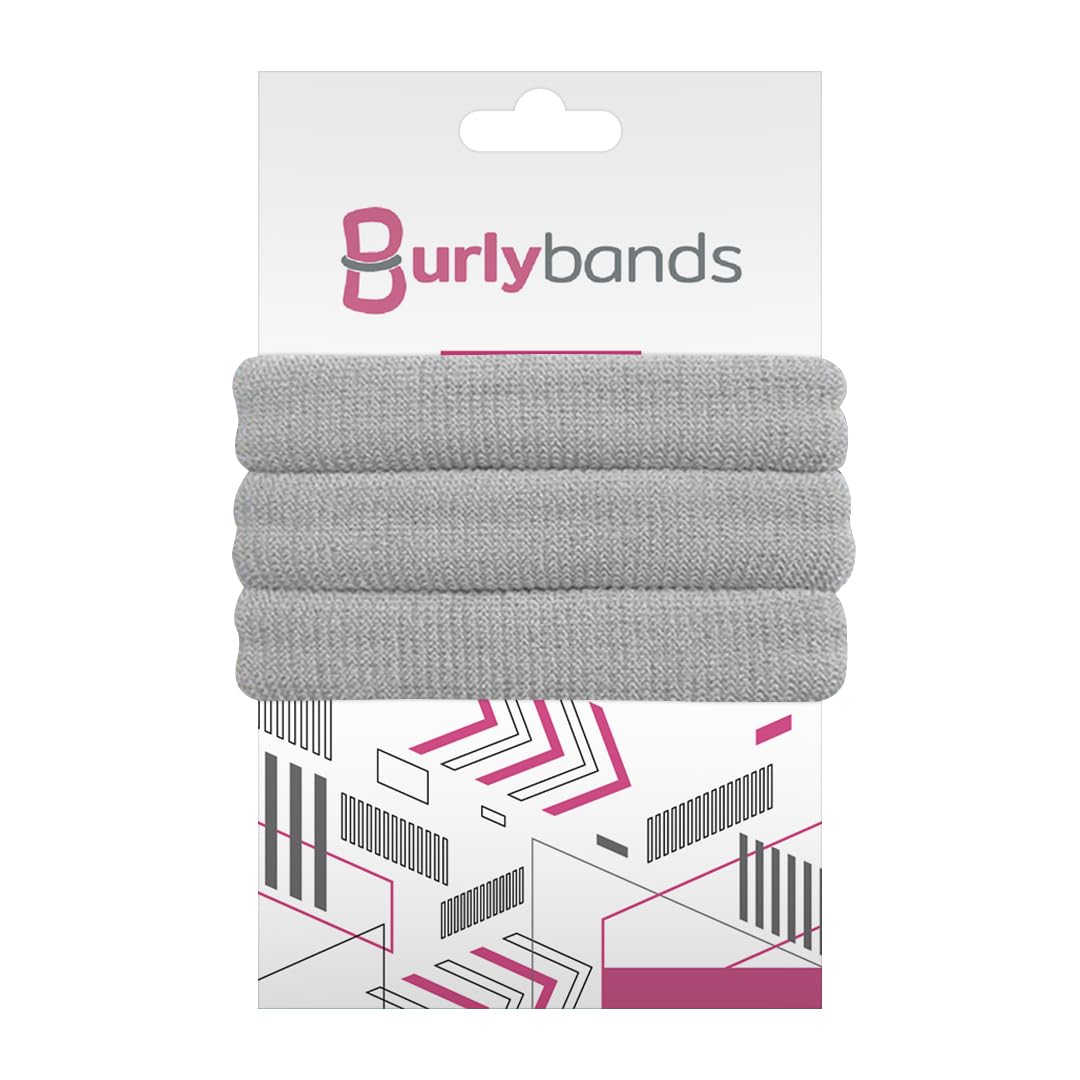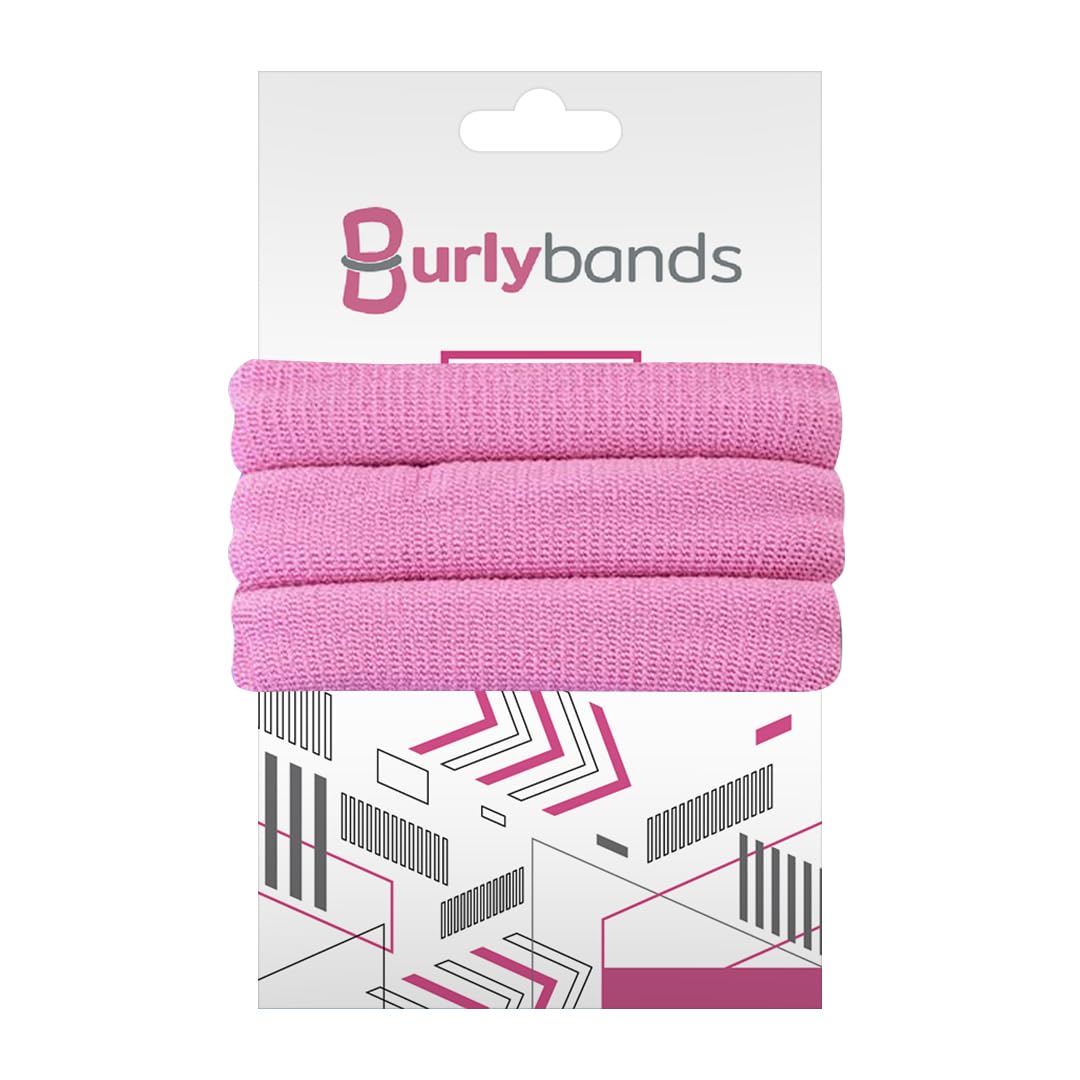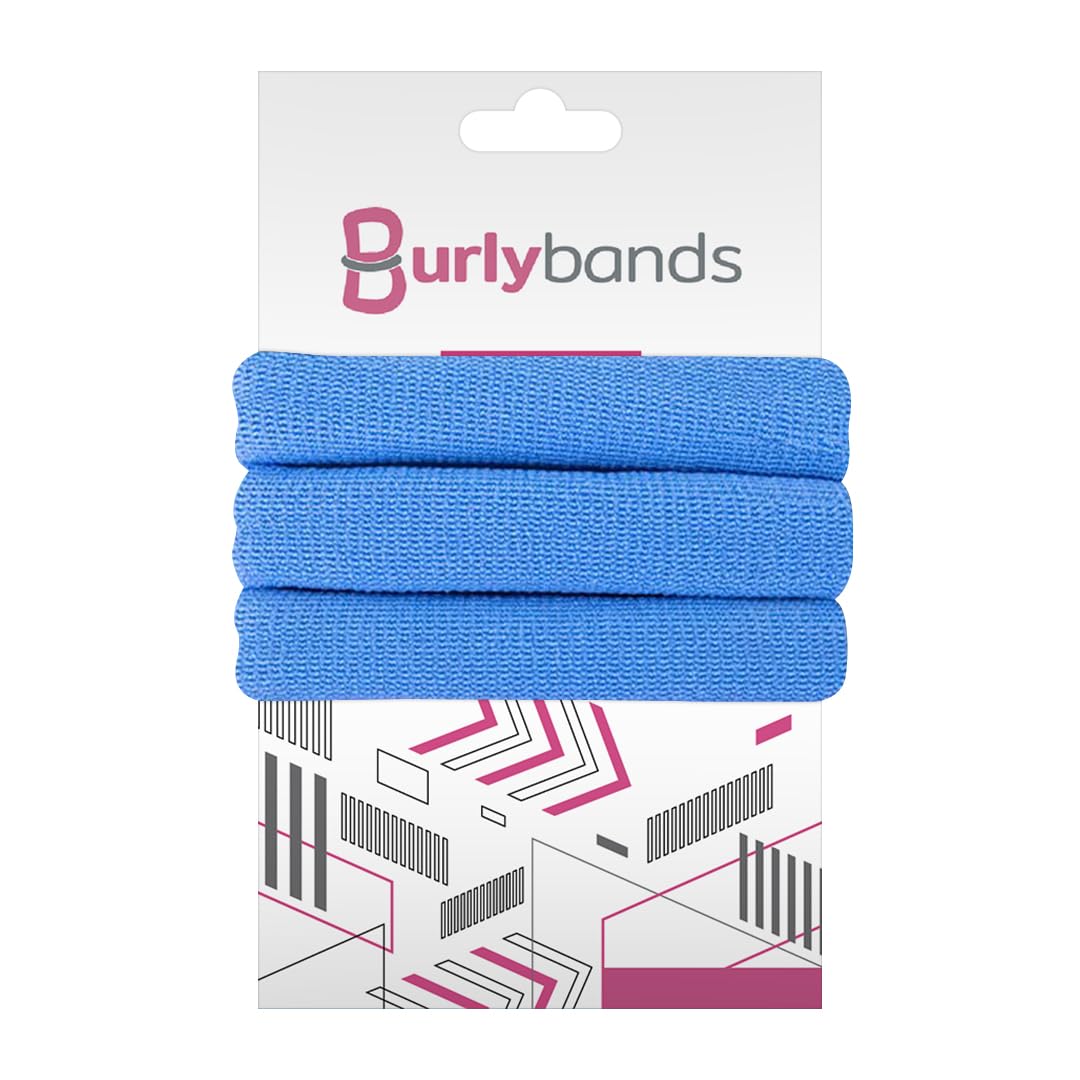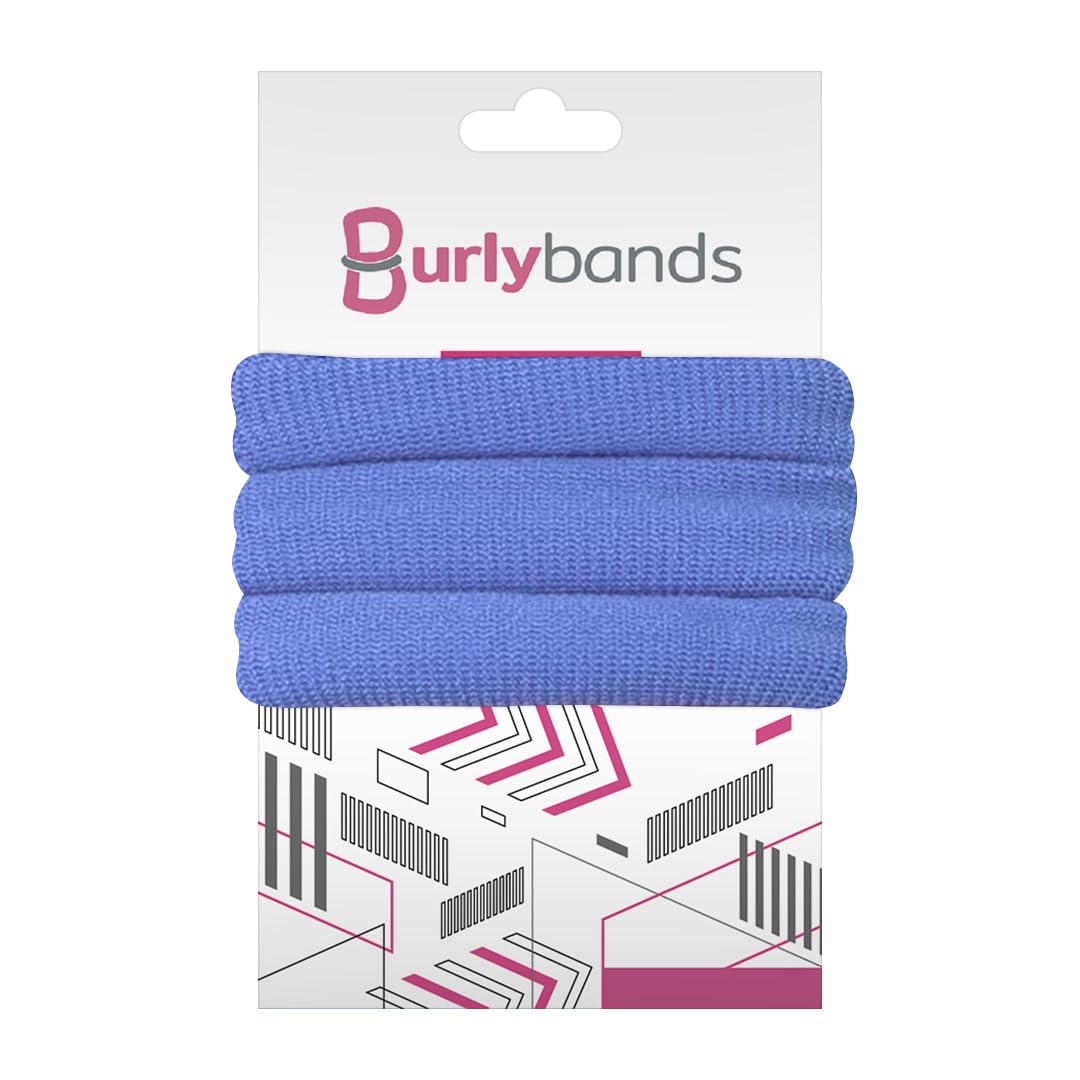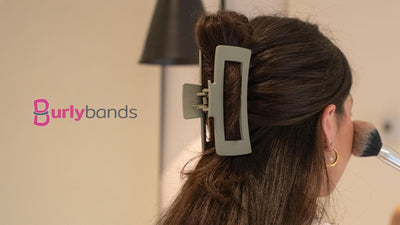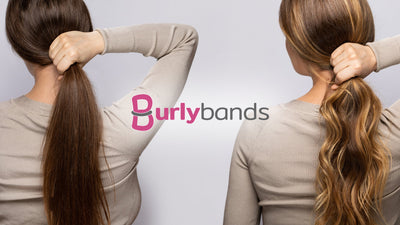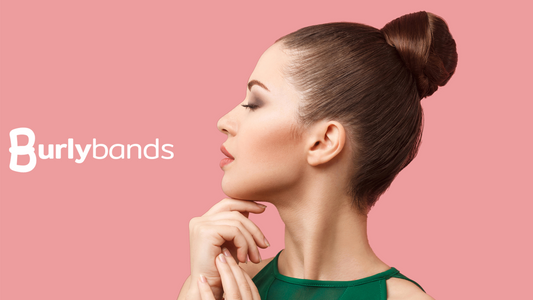Collagen. You've most likely come across this term when reading a beauty blog. In the beauty sector, it's known as "beauty food."
Could collagen be a safer and more practical choice in a society where we're continually pumping drugs into our systems to achieve a more natural, youthful look? In this article, Burlybands delves into the meaning of collagen, its benefits, and more.
What Is Collagen?

Credit: Envato Elements/ svittlana
Collagen is a connective tissue protein that is found in abundance in mammals. It is a protein that helps to build our bones, muscles, teeth, skin, and hair, and collagen supplements are designed to strengthen these specific body components. Collagen supplements are typically manufactured from the connective tissues of cow skins and fish scales due to the high concentration of collagen in animals.
Collagen may be the solution to all of your beauty problems. It is a naturally occurring product that does not contain any artificial ingredients. Do you have fragile nails? Do you have a problem with your hair? Is your skin dry and lifeless? Collagen is the solution.
Benefits of Collagen for Your Hair
1) Aids in the Production of Keratin
The amino acids in collagen supplements are thought to aid in the production of keratin, which leads to thicker hair. Amino acids, notably glycine, proline, and hydroxyproline, make up collagen.
Hair is mostly composed of the protein keratin, which is made up of proline (among other amino acids). More information on amino acids for hair growth, as well as the benefits of amino acids and the many types of amino acids to look for, may be found in our comprehensive reference to amino acids for hair growth.
To make collagen supplements easier to digest, they're usually already broken down into peptides of several amino acids. Proline and glycine, two of collagen's key amino acids, are involved in hair health.
2) Collagen Helps To Keep Hair From Greying
Melanin, a pigment produced by melanin-producing cells, is responsible for hair's natural color. The melanin-producing cells in our bodies tend to die as we become older, resulting in grey hair.
Although genes play a big role in hair greying, free radicals produced by stress, poor diet, and chemical buildup from hair color and shampoos can all contribute to hair greying. Collagen is recognized for its antioxidant capabilities, which help to prevent premature graying caused by free radicals.
3) Protects Hair Follicles From Damage
Collagen can act as an antioxidant, preventing free radical damage.
Stress, air pollutants, smoking, poor food choices, alcohol, and other environmental effects can cause free radicals to form in your body. Free radicals can destroy your cells, proteins, and DNA if you have too many of them.
Collagen helps to prevent hair thinning and any age-related hair loss. Taking collagen supplements aids in hair regrowth
4) Collagen Gives Your Hair Luster
Hair can become brittle and lifeless as you get older. Sebaceous glands, which release oil to keep the hair moist, are found beneath the hair follicles.
Collagen production is necessary for the general performance of this process, which results in lustrous and glossy hair.
Collagen also has several beauty benefits other than giving you strong hair. It makes your skin firm and prevents sagging skin. It improves your skin elasticity, thereby giving you a younger, youthful look.
5) May Aid in the Maintenance of a Healthy Scalp
Collagen enhances the health of our complexions, and the presence of this protein is also helpful to the scalp. The thickness of the scalp is supported by collagen. A thin scalp with too little collagen is less capable of stabilizing hair follicle bulbs and is therefore weaker. Hair loss may be worsened by this inadequate structural support.
Collagen is a vital element in scalp health since a healthy scalp is a foundation for healthy hair growth and hair development. It aids antioxidants in their fight against free radicals, which cause hair damage. This leads to a healthy dermis.

What Are Some Collagen-Rich Foods?

Credit: Envato Elements/ furmanphoto
Collagen can be found in the following foods:
- Fish
- Chicken Bone Broth
- Whites of eggs
- Fruits of the citrus family
- Berries
- Vegetables that are red and yellow
- Garlic
- White tea
- Greens with lots of leaves
- Cashews
- Tomatoes
- Bell Peppers
- Beans
- Avocados
- Soy
Experts that prescribe this diet consider the foods listed above to be foods that promote skin elasticity, anti-aging, and joint pain relief.
What Happens if Your Collagen Levels Plummet?
With age, the body's collagen production declines dramatically. When this happens, your skin's suppleness and epidermal thickness decrease. Skin deterioration occurs, resulting in wrinkles, crepey skin, and drooping skin. Collagen deficiency can cause stiffer and less flexible tendons and ligaments, joint discomfort, and stomach discomfort. Hair thinning, hair loss and hair breakage can be caused by a lack of collagen.
Are Collagen Supplements Considered To Be Safe?

Credit: Envato Elements/ foodphotoalex
The majority of collagen supplements are hydrolyzed to create hydrolyzed collagen, which is easier to absorb and convert into pills, capsules, and powders. Collagen supplementation comes in the form of infused foods, such as drinks and/or edibles. How much collagen should you take though is the question? According to some dieticians, consuming more than 20 grams each day can be detrimental. Collagen supplements can help prevent hair loss and have several health benefits. They are the building blocks in promoting hair growth and strengthening the hair roots.
Bone broth supplements are becoming increasingly popular, but new research reveals that the collagen in them may not absorb well. Furthermore, supplements can be created from animal leftovers (such as bones, hoofs, and tendons), and some may include viruses (such as mad cow disease), while others have had high levels of harmful metals discovered in the preparation. Before you start taking collagen supplements, double-check the ingredients. Consult your doctor before using a daily collagen supplement.
Summary
Collagen is considered to be the most abundant protein in the human body. Collagen works wonders on your hair. It can improve hair growth and strengthen hair follicles. Healthier hair means happier you. If you're thinking of adding collagen to your diet, talk to a dietician first to be sure you're doing it safely and not in excess.
 Log in
Log in


